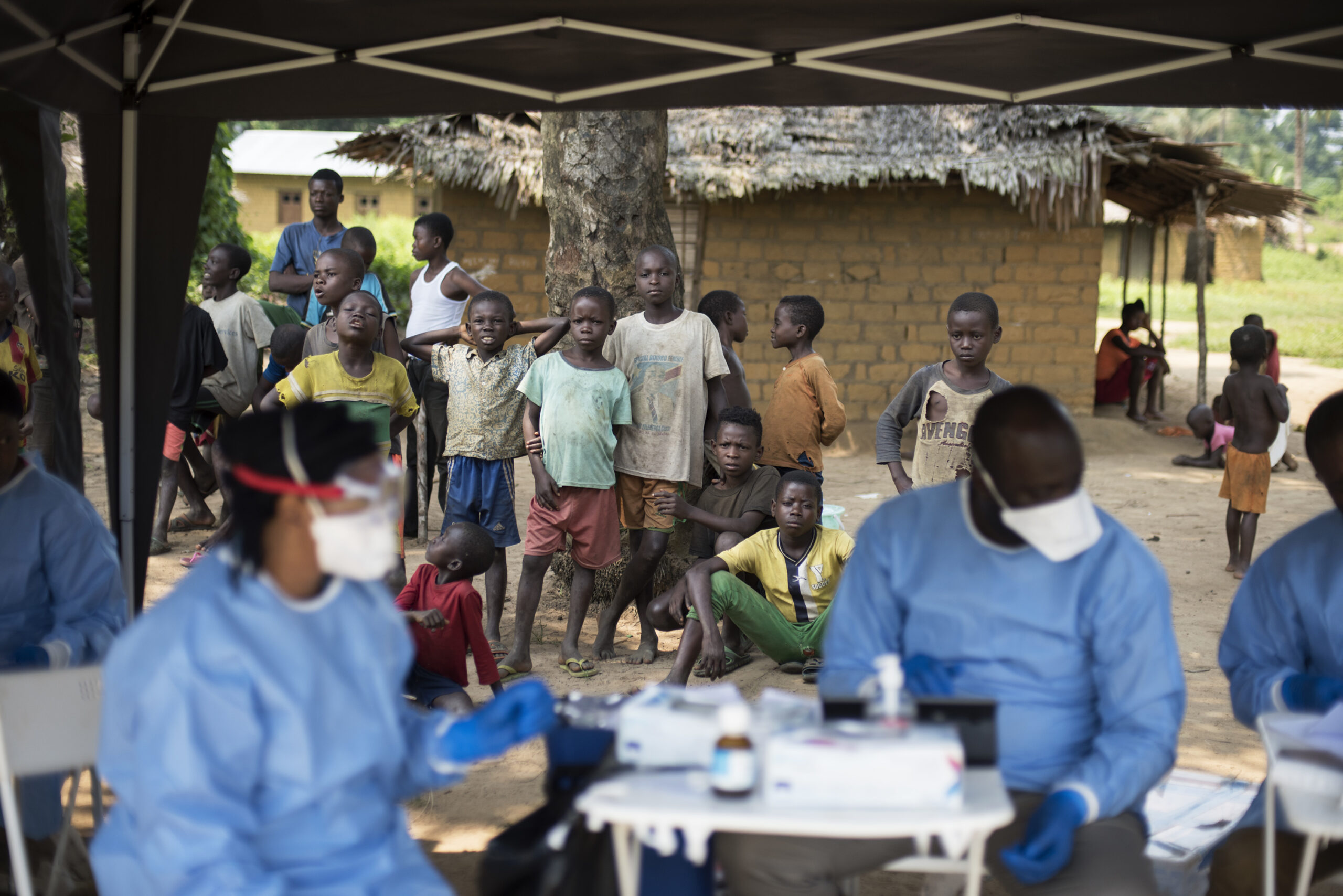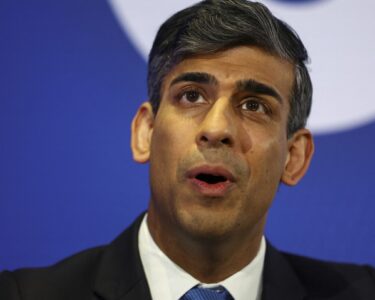Deadly DRC Outbreak Raises Urgent Global Health Concerns
The Deadly DRC Outbreak has shaken the world, shining a harsh spotlight on global health vulnerabilities and our collective readiness to tackle emerging infectious diseases. This catastrophic epidemic in the Democratic Republic of Congo (DRC) has already caused significant loss of life, and experts are warning that the consequences could ripple far beyond Africa if urgent action isn’t taken. But what’s fueling this deadly outbreak? And how prepared are we to face such a crisis?
In this article, we’ll dig deep into the origins of the outbreak, its effects on both local and global scales, and the most crucial steps the world must take to curb its devastating impact.
Table of Contents
- What Caused the Deadly DRC Outbreak?
- Global Health Implications of the DRC Outbreak
- What Needs to Be Done: A Global Call to Action
What Caused the Deadly DRC Outbreak?
The roots of the Deadly DRC Outbreak lie in decades of political instability, weak healthcare systems, and insufficient disease surveillance. According to health experts, this latest outbreak involves a highly infectious pathogen, although the exact details remain under investigation. The World Health Organization (WHO) has deployed emergency teams to the region to uncover the source and assess the situation.
It’s important to note the DRC has faced repeated challenges in containing epidemics, including the Ebola crisis. Such outbreaks thrive in areas with limited access to clean water, inadequate sanitation, and overstretched medical infrastructure. Learn more about the past epidemics in the DRC on the Ebola outbreak Wikipedia page.
Early reports indicate this outbreak has surpassed expectations in severity, escalating emergency response measures across Africa and drawing international attention.
Global Health Implications of the DRC Outbreak
The Ripple Effect of an Unchecked Epidemic
The Deadly DRC Outbreak exemplifies how localized crises can have far-reaching consequences. In our interconnected world, the rapid spread of infectious diseases knows no borders. Reports from international health agencies warn that if the outbreak isn’t contained swiftly, it could become a global pandemic.
Consider these sobering facts:
- Lack of containment allows pathogens to mutate, potentially creating drug-resistant strains.
- Trade and travel between Africa and other continents pose significant risk for disease exportation.
- Inadequate global health infrastructure means no region is immune from the threat of fast-spreading epidemics.
Alarmingly, experts have also stressed that climate change and urbanization are exacerbating the spread of infectious diseases. According to a report by the World Health Organization, warming temperatures and deforestation are creating new breeding grounds for disease vectors like mosquitoes, which can accelerate the transmission of illnesses.
Impact on Local Populations
The impact of the outbreak on local communities cannot be overstated. Families in the DRC are facing immense tragedy, with loss of loved ones, displacement, and limited access to basic health services. Hospitals are overwhelmed, medical supplies are running out, and healthcare workers are under extreme pressure to prevent the epidemic from spiraling out of control.
This isn’t just a public health issue. It’s a humanitarian and social crisis demanding immediate international attention.
What Needs to Be Done: A Global Call to Action
Strengthening Disease Surveillance
One of the most significant lessons from the Deadly DRC Outbreak is the need for robust, proactive disease surveillance. Countries worldwide must invest in state-of-the-art monitoring systems to detect and respond to potential threats early. The faster we identify infectious diseases, the greater the chances of containing them before they wreak havoc on a global scale.
International Collaboration and Funding
The DRC cannot tackle this outbreak alone. The international community must step up with financial, technical, and logistical support. Organizations like the WHO and local governments need resources to deploy medical teams, establish quarantine zones, and develop vaccines or antivirals where possible.
If there’s one thing the COVID-19 pandemic taught us, it’s the power of unified global health efforts. But as highlighted by this outbreak, many nations are still unprepared. The time to act is now.
Public Awareness and Education
Communication is key to preventing the spread of infectious diseases. Awareness campaigns that educate people on disease prevention strategies, symptoms, and hygiene practices can save lives. Leveraging local languages and cultural knowledge ensures that health messages resonate with affected communities.
For powerful insights on raising public awareness, explore related topics on ZexNews.com, where we analyze global crises and the ways they impact our world.
Conclusion
The Deadly DRC Outbreak is a stark reminder of how vulnerable our world is to health crises. This isn’t just an African problem—it’s a global challenge requiring swift, coordinated action. From addressing the root causes of the outbreak to improving global disease surveillance, the path forward demands solidarity, innovation, and a firm commitment to protecting lives.
The stakes could not be higher. Every minute wasted hesitating risks countless lives and brings us closer to yet another pandemic. Let’s ensure we don’t allow history to repeat itself.
Stay informed and be prepared. The health of the world depends on it.
“`





